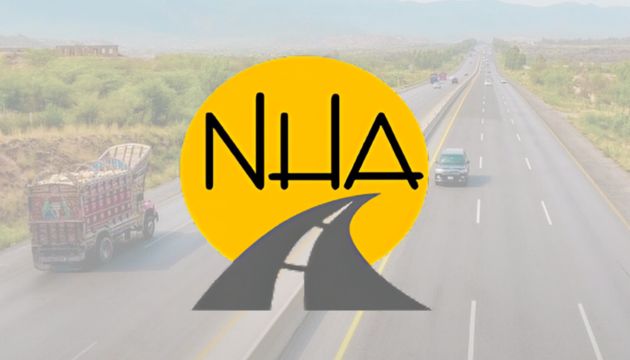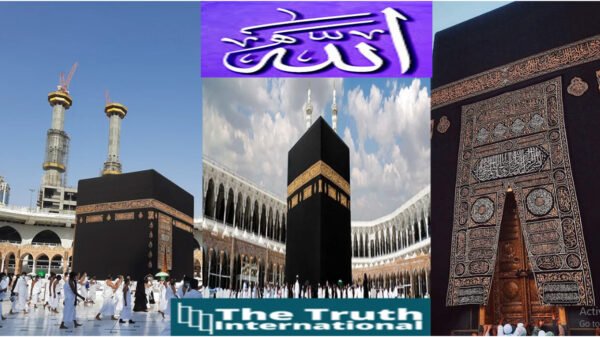Toll Tax Hike
The National Highways Authority (NHA) has announced a considerable increase in toll taxes across highways and motorways in Pakistan, set to take effect on October 1, 2024.
This hike is part of the government’s plan to raise revenues and meet the target of collecting Rs102 billion by the end of the 2024-25 fiscal year, a substantial increase from the Rs64 billion collected during the 2023-24 period.
The revised toll rates will apply to several major routes, including key motorways and expressways. Among those affected are the Lahore-Abdul Hakeem Motorway (M3), Pindi Bhattian-Faisalabad-Multan Motorway (M4), Multan-Sukkur Motorway (M5), D I Khan-Hakla Motorway (M14), and the Mansehra Expressway.
Motorists using the Islamabad-Peshawar Motorway (M1) will experience a notable increase in their toll fees, with charges for cars rising from Rs350 to Rs460. For larger vehicles, the impact will be even greater.
Wagons, which previously paid Rs550, will now be charged Rs720, while buses will see their toll rise from Rs1,000 to Rs1,300. Trucks will face a substantial hike, with tolls increasing from Rs1,500 to Rs1,950.
National highways will also be affected by the new toll structure. Car drivers will now be required to pay Rs50, up from the previous Rs40, while wagons will see their toll rise to Rs90.
Buses, which were charged Rs130 previously, will now have to pay Rs170. For two and three-axle trucks, the toll will increase to Rs210, and articulated trucks will face a new charge of Rs460, up from Rs350.
In addition to these increases on motorways and highways, toll rates will also rise at specific locations, such as the Kohat Tunnel (N55), Islamabad-Murree-Kohala Highway (N75), and Mianwali Toll Plaza (N135). Commuters traveling through these points will encounter higher charges, affecting a wide range of vehicle types.
The NHA’s decision to raise toll taxes is aimed at generating additional revenue, which will contribute to the maintenance and development of the country’s road infrastructure.
However, the increase has raised concerns among commuters, particularly long-distance travelers and transport operators, who argue that the hike will place a greater financial burden on them.
The NHA, on the other hand, maintains that the increase is necessary to ensure the smooth operation and upkeep of the highway network, which requires substantial funding for repairs, expansions, and improvements.
The toll hike will also support ongoing projects aimed at enhancing road safety and connectivity across the country.
This move follows a trend of gradual toll increases in recent years, as the government continues to rely on revenue from highways and motorways to fund infrastructure development.
While the higher toll rates are expected to boost NHA’s income significantly, they may also lead to increased transportation costs for businesses and commuters alike.










